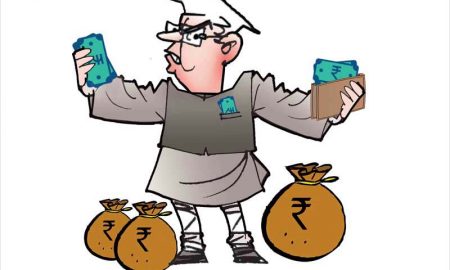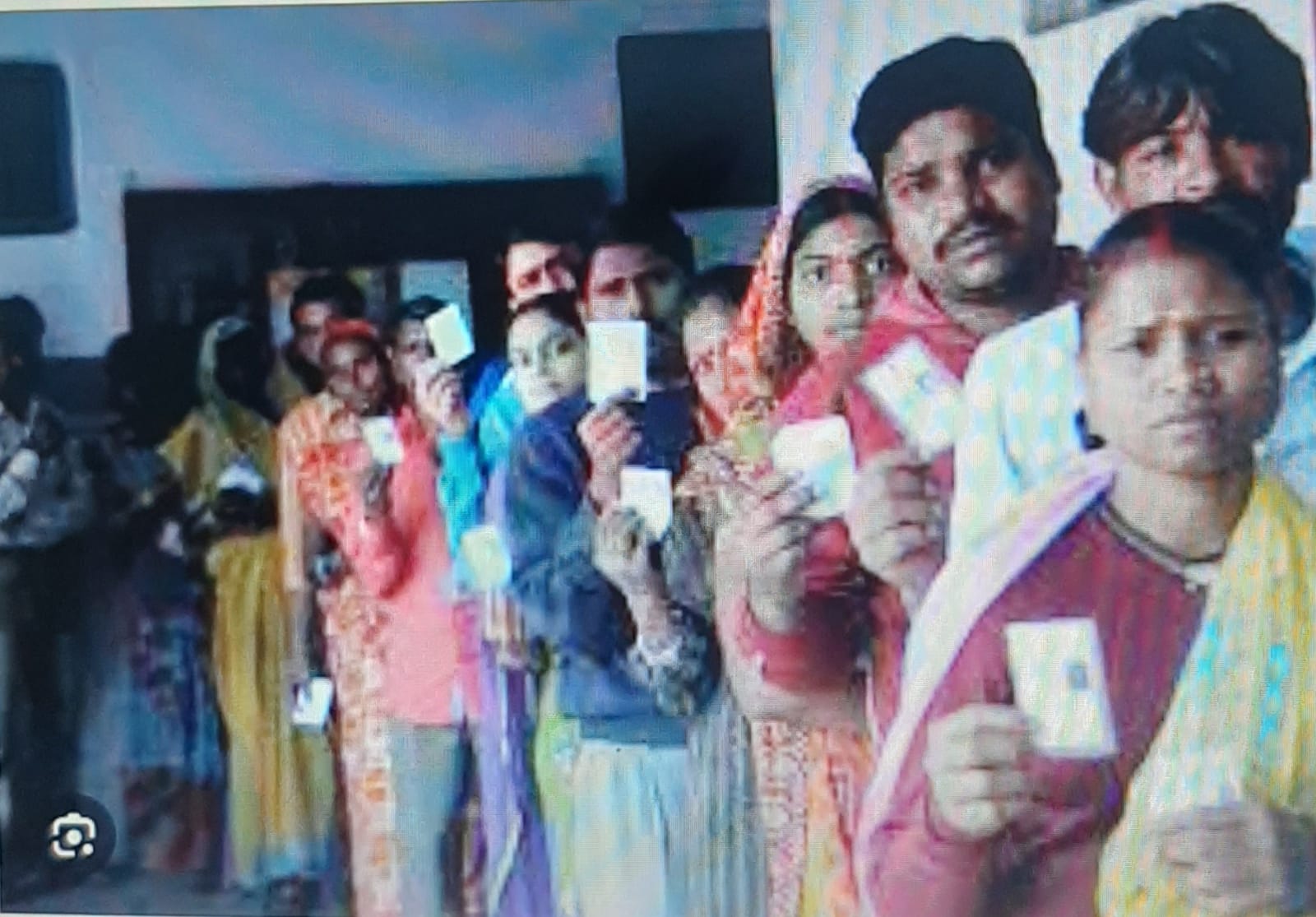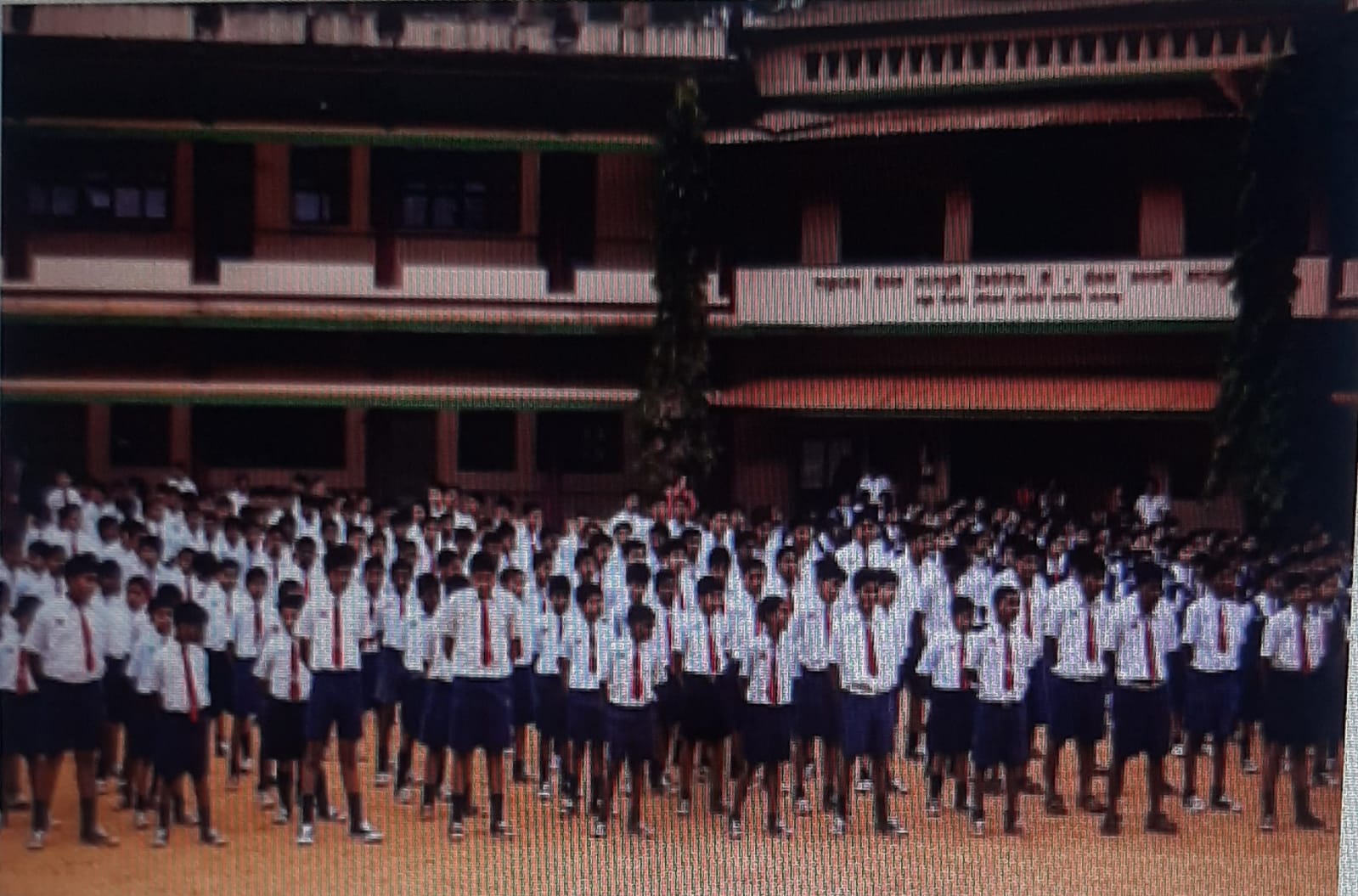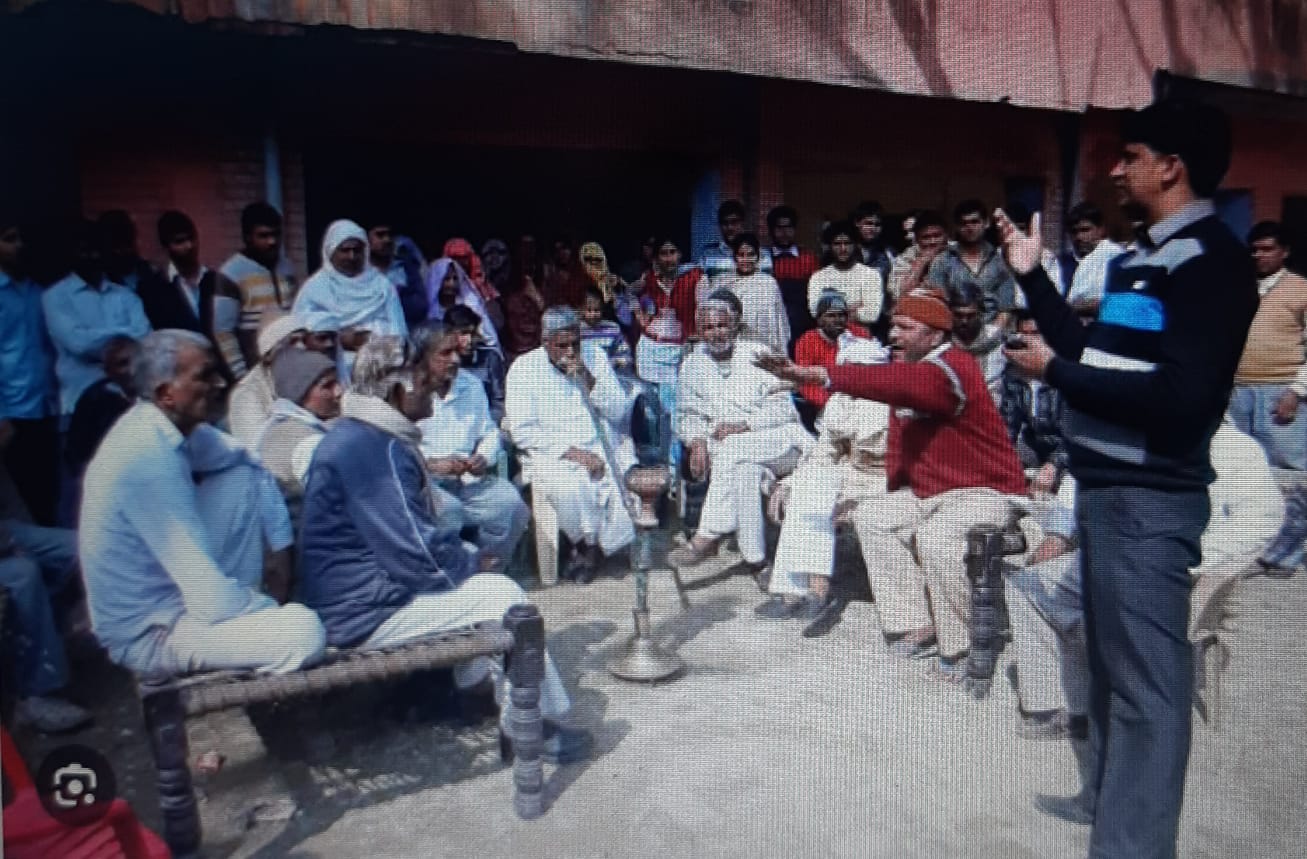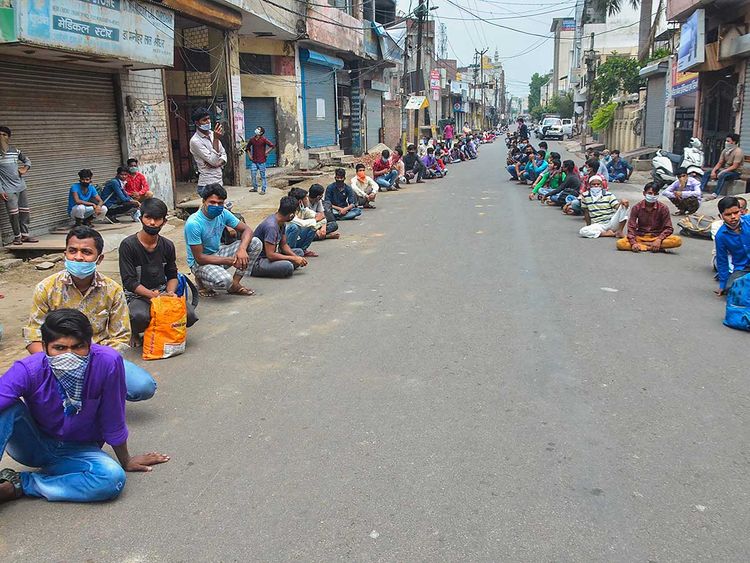
New Delhi, May 15: (DN&V) Free food grains and pulses for migrants, more jobs for tribals and those in rural areas, and credit to small enterprises, street vendors and small farmers — these were some of the highlights of the second phase of the government’s Rs 20 lakh crore Atmanirbhar Bharat Abhiyan (Self-reliant India Scheme) announced on Thursday. Totalling Rs 3.16 lakh crore, the schemes include 5kg rice or wheat and 1kg ‘chana’ (chickpea) a month, for 80 million migrant families for two months (which will cost Rs 3,500 crore); a Rs 1,500-crore interest discount scheme aimed at 30 million units; a Rs 5,000-crore special credit facility for five million street vendors; a Rs 6,000-crore Compensatory Afforestation Management & Planning Authority (CAMPA) fund for providing jobs to tribals; a Rs 30,000 core emergency working capital scheme for farmers; a Rs 70,000-crore boost to lower-middle class housing; and Rs 2-lakh crore concessional credit offer to 25 million farmers through Kisan Credit Cards.
One part of the focus of Thursday’s announcements, experts said, seemed to be to take care of the emergency food needs of migrant workers, many of whom have returned home from the cities after losing their livelihoods. “One nation, one ration card will be implemented in the next three months and it is expected to benefit 670 million people in 23 states,” finance minister Nirmala Sitharaman said while announcing the package.
The first tranche of the package, totalling about Rs 5.9 lakh crore, which was announced by Sitharaman on Wednesday, was mainly focused on providing easy credit facilities to micro, small and medium enterprises (MSMEs) and non banking finance companies; a fund for debt-laden electricity distribution companies or discoms; a partial wage support scheme (for two months) for small companies; and ways to put more cash in the hands of people. Prime Minister Narendra Modi on Tuesday announced ‘Atmanirbhar Bharat Abhiyan’, a special economic and comprehensive package of Rs 20 lakh crore, about 10% of India’s gross domestic product (GDP), to revive the economy which has been battered by a prolonged lockdown since March 25 to check the spread of Covid-19. This also includes a Rs 1.7 lakh crore package already announced on March 26 and monetary measures aggregating to around Rs 5.7 lakh crore taken by the Reserve Bank of India (RBI) since March 27.
Unveiling the second tranche at a media briefing, Sitharaman said the short-term and the long-term measures are meant to support the poor, including migrants, farmers, tiny businesses and street vendors. “ Farmers and workers are the backbone of this nation. They serve all of us with their sweat and toil,” she said.
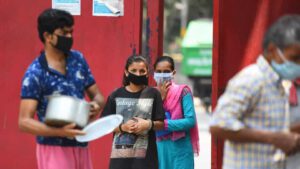
Manobi Sinha, a labour economist with the Allahabad University, said: “The government has finally heeded the call of so many concerned people by assuring free food to migrants. I think as a one-time exception, this should be done without demand of any documentation, including Aadhaar
In order to have a robust food security system, the government will use technology-enabled ration card system — One Nation One Ration Card — so that all beneficiaries can access ration under the public distribution system from anywhere in the country by March 2021. The pilot scheme for this will cover 670 million people by August.
The government has also decided to launch an affordable rental housing scheme for migrant workers and urban poor, Sitharaman said. “This will be done through converting government funded houses in the cities into Affordable Rental Housing Complexes (ARHC) under PPP [public-private-partnership] mode through concessionaire, manufacturing units, industries, institutions, associations,” she said. The concessionaires can use their private land for the purpose. The Centre and states can also use public land for ARHC. The administrative ministry will soon announce details of the scheme, she added.
A Credit Suisse equity research report of May 13 estimated that part one of the economic package worth Rs 13 lakh crore has already been done by Wednesday and Rs 7 lakh crore was yet to come.



